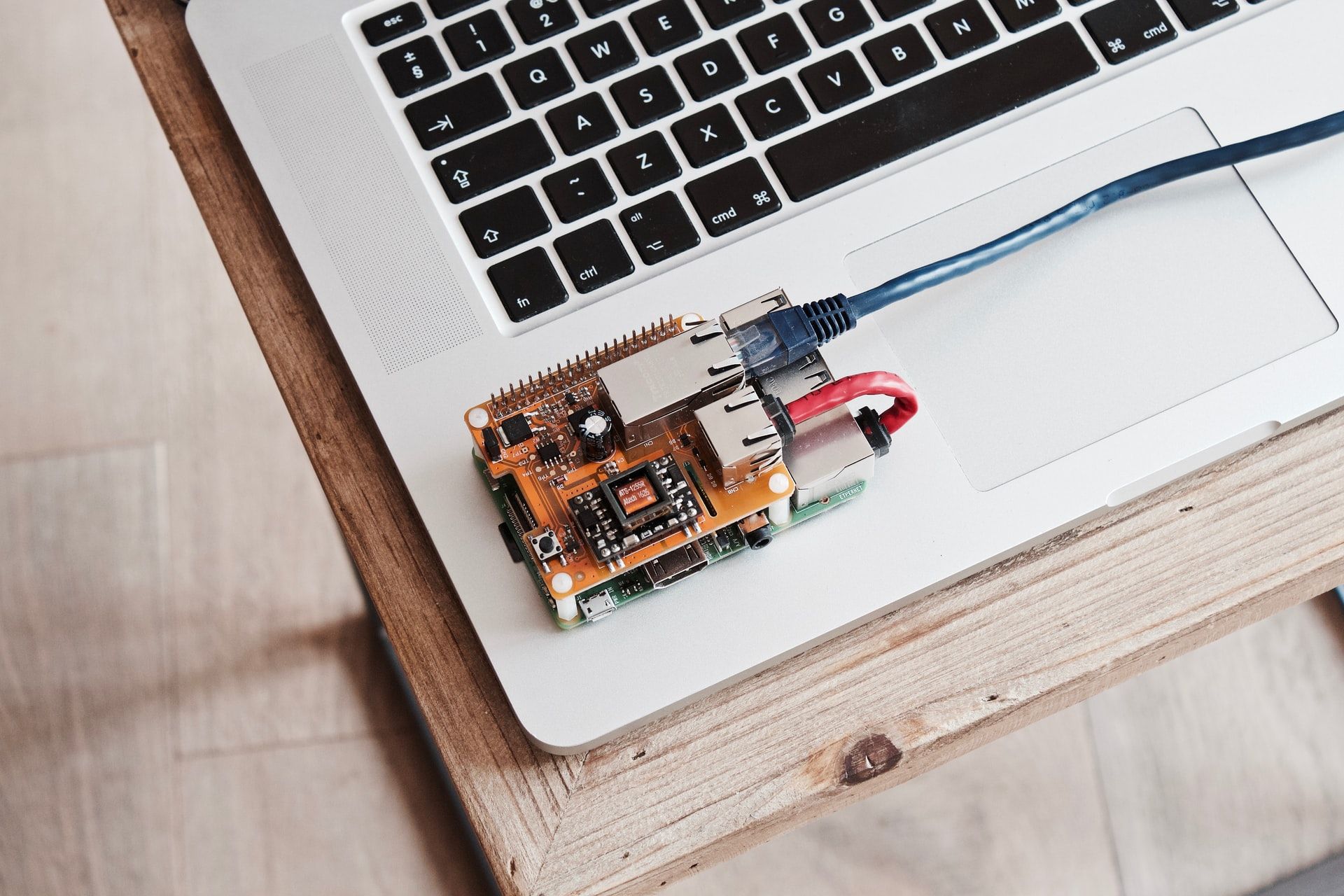About This Course
The Internet of Things (IoT) course covers information about internet protocol suites, different type of connections, application layer protocols, services and use of microcontroller units. Learners will acquire knowledge on the use, application and commercialisation of concepts pertaining to the broad context of loT.
Who can take this course?
To enroll in this course you need to have successfully completed ‘INDEX: Industrial Expert - Basic Module’.
The course has no specific prerequisites, but basic knowledge of Information Technology is beneficial.
It will be of particular interest to:
- Senior executives or development department managers of your enterprise interested in learning about the Internet of Things;
- Professionals interested in the applications of the Internet of Things in their areas of expertise;
- Founders of high-tech startups;
- Young engineers of your company, who are already working on the development of specific solutions of the Internet of Things;
- Educators teaching graduate and postgraduate courses focusing on the Internet of Things;
- Students or postgraduates interested in the Internet of Things.
Programme of the course
Internet protocol suite
- OSI model
- OSI model: Comparison with TCP/IP model
- TCP/IP model
Connections
- Introduction
- Wired solutions
- Short-distance wireless solutions
- Medium-distance wireless solutions
- Long-distance wireless solutions
Application layer protocols
- Introduction
- HTTP and CoAP
- Common formats found with HTTP
- MQTT
- Comparison of HTTP-REST and MQTT
Services
- Introduction
- Functions
- Providers and examples
Hands on with microcontroller units
- Microcontroller Units
- Arduino
- Programming Arduino for basic tasks
- Using Arduino in IoT projects
Course staff
Dr Fulvio Ratto
Fulvio received his M.Sc. degree in Physics from University of Trieste (Italy) in 2002 and his Ph.D. degree in Energy and Materials Science from University of Quebec (Canada) in 2007.
His current interests lie at the crossroads of plasmonics and biomedical optics, and in particular the integration of noble-metal components in bionic systems and photonic devices.
Current position: Researcher at Consiglio Nazionale delle Ricerche - Istituto di Fisica Applicata (Italy).
Course sections: Internet protocol suite, Application layer protocols, Services, Hands on with microcontroller units
Dr Lucia Cavigli
Lucia received her M.Sc. degree in Physics from University of Florence (Italy) in 2002 and her Ph.D. degree in Materials Science at Department of Physics of University of Florence (Italy) in 2006. Her skills are in the field of photonics and nanostructured materials.
Current position: Researcher at Consiglio Nazionale delle Ricerche - Istituto di Fisica Applicata (Italy).
Course sections: Connections
Dr Filippo Micheletti
Filippo received his M.Sc. degree in Electronic Engineering from University of Florence in 2011 and his Ph.D. in Information Engineering and Mathematical Sciences from University of Siena in 2016. His skills are in the development of photonic technologies for applications in medicine and biology.
Current position: Researcher at Consiglio Nazionale delle Ricerche - Istituto di Fisica Applicata (Italy).
Course sections: Services
Dr Ilias Kalfas
Ilias is an Agronomist with a specialty in Plant Protection, holding a degree from Faculty of Agriculture of Aristotle University of Thessaloniki. He holds a Ph.D. from University of London, Diploma of Imperial College and M.Sc. in Production Organization and Quality Management in the Food Industry. Current position: Project Leader regarding plant production projects of Strategic Programs Management Office of the American Farm School (Greece).
Course sections: Connections - Medium-distance wireless solutions
Dr Nikos Tsotsolas
Nikos holds a Diploma in Production Engineering and Management from Technical University of Crete, Greece (1997), a M.Sc. in Operational Research (2001) from the same University and a Ph.D. in Statistical Science (2009) from University of Piraeus. From 2006 to date, he is member of the Board of the Hellenic Operational Research Society (HELORS). His research interests fall into the areas of multi-criteria analysis, decision support systems, service quality, and post-optimality analysis in mathematical programming. Current position: co-founder and R&D Consultant of Green Project SA (Greece).
Course sections: Connections - Medium-distance wireless solutions
Results
As the result of completing the Internet of Things- intermediate level course, learners will know:
- The key aspects of communication protocols and abstraction layers and the key elements of OSI and TCP/IP models
- The key features of the principal kinds of connections in communication technology
- The key features of the principal application-layer protocols found in communication technology
- The key features of the principal kinds of online services
- The key features of microcontroller units and basic elements of C programming language
Competences
By completing the Internet of things intermediate level course, learners will be able:
- to identify the key features of internet protocol suite
- to make a decision on the best kinds of transports for a certain IoT application
- to make a decision on the best kinds of application layer protocols for a certain IoT application
- to make a decision on the best kinds of online services for a certain IoT application

